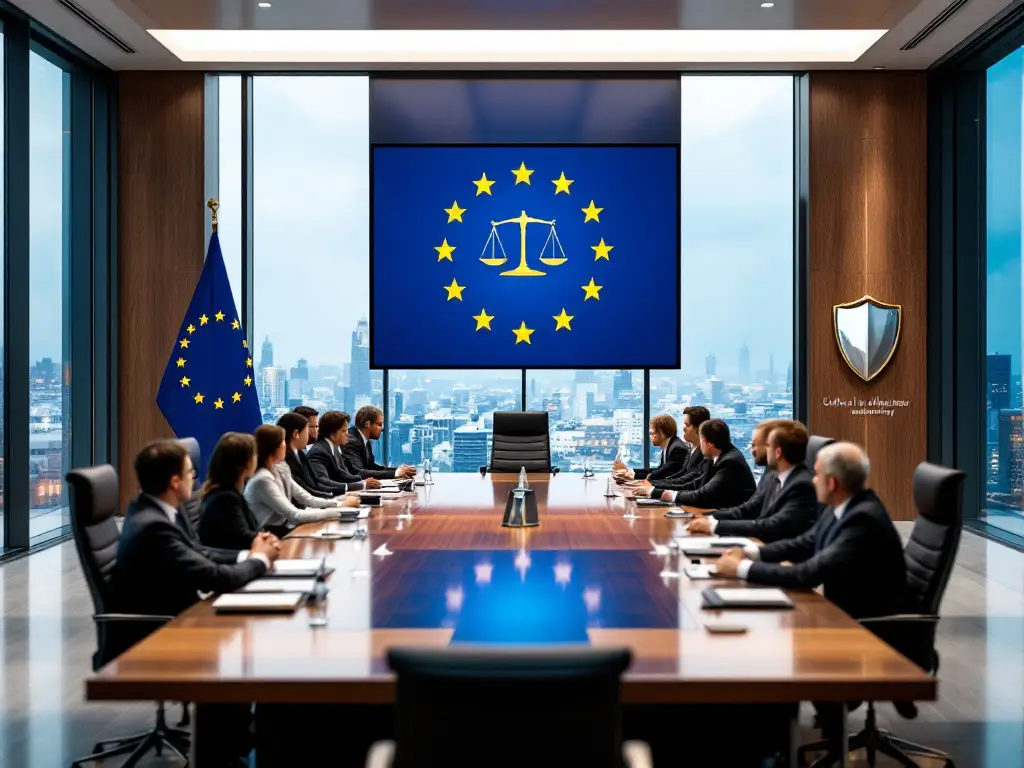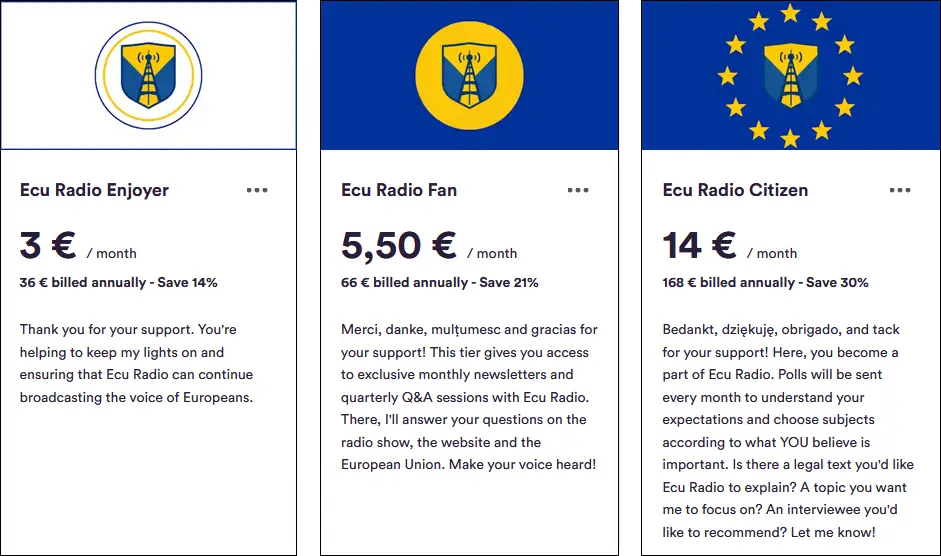The Normative Power of the EU: an Unparalled Strength to Protect
“The US innovates, China imitates, Europe regulates.” How many times have we read these words on Europe’s normative power? But perhaps you’ve never come across them. Let’s give them a quick rundown.
The Internet Story Behind Europe's Normative Power

“The US innovates.” The United States has traditionally been the hub of groundbreaking inventions and technological advancements, thanks to a culture of risk-taking and entrepreneurial spirit, leading to the creation of numerous transformative technologies. Computers, smartphones, satellites… While not all invented in the US, these concepts took off there, changing our lives.
“China imitates.” On the other hand, China has been known for its rapid adoption and replication of US innovations, often scaling them up to meet the demands of its vast market. This has enabled China to quickly catch up and even compete with the US in certain technological sectors. Through imitation, China improves these inventions, facilitates their spread, and makes them more accessible.
“Europe regulates.” Here, Europe refers to the European Union, which focuses on enforcing norms and standards upon these innovations and their copies. Often, this phrase is used derogatorily by those who believe that the EU stifles innovation and is doomed to lag behind other global powers, making life harder for trendsetters, go-getters, and entrepreneurs.
Check online, and you’ll find these go-getters complaining that this approach provides no competitive advantage in a globalized, accelerating market. They argue it is merely a tool to fine tech giants and refill coffers depleted by decades of lagging behind.
But is that really the case?
The Purpose of the European Normative Power
Examples of Normative Power
Let’s dive deeper and see how our consumer rights have been enforced:
Consumer Guarantees: When a seller sells a good or service to a consumer online or by other means of distance communication (such as telephone or mail order) or outside a store (from a door-to-door salesperson), the consumer has the right to return the good or cancel the service within 14 days. This is called the withdrawal period, and no reason or justification is required[2]. Moreover, if the product sold turns out to be faulty, consumers have the right to return it and hold the seller responsible for the fault[3]
Data Protection: Under the General Data Protection Regulation (GDPR), businesses must protect the personal data (name, address, income, cultural profile, IP, etc.) of European citizens and cannot process data that could be used for discrimination (racial or ethnic origin, sexual orientation, political opinions, religious beliefs, trade-union membership, etc.). Data can only be processed with the full consent of each individual[4]
Product Safety: EU rules require that all products sold in the EU must be safe, regardless of where they were made. Manufacturers or businesses, including all online marketplaces and sellers, involved in selling a product on the EU market must ensure compliance with applicable product safety legislation, best represented by the CE label[5]
Digital Markets Act: The Act aims to ensure fair competition and prevent large online platforms, known as gatekeepers, from abusing their dominant position. It imposes strict rules to avoid unfair practices, such as self-preferencing their own products and services or restricting access to user data by third parties, creating a more competitive and transparent digital environment[6]
Digital Services Act: The DSA focuses on the responsibility of online platforms regarding harmful and illegal content, advertising transparency, and political or health-related disinformation. It aims to create a safer online environment for users, obliging platforms such as social networks, online marketplaces, and search engines to be more transparent about their algorithms, provide users with explanations of content moderation decisions, and stop propaganda targeting EU citizens[7]
Keep in mind that these are only a handful of examples. More examples would include enforcing USB-C as the common charging port for all mobile devices; stringent tests for potentially hazardous chemicals in food products pushing manufacturers to phase them out or single-use plastics bans (straws, cups, wrappers…) inspiring similar policies all around the world.
A Power in Danger
Such dedication to the consumer rights of European citizens could easily be taken for granted. After all, beyond the ethics that made it possible, who can ignore a market of 450 million people in the name of norms and rules? EU citizens have high purchasing power, are educated, can create local competitors, and elect officials to keep the ball rolling.
Unfortunately, this is not always the case.
With the emergence of a new system in the US under the guise of innovation, tech companies are becoming more vocal. In January, the CEO of Meta, Mark Zuckerberg, described the EU’s regulatory framework as “censorship,” comparing its policies to “tariffs.” He asked the new US administration to defend the tech industry against it. His plea was heard. A little more than a month later, President Donald Trump echoed these censorship accusations, justifying a memorandum to defend US companies and technology against “overseas extortion.” It was a direct attack on the Digital Markets Act and Digital Services Act.
Ecu Radio's Stance
Ecu Radio stands for consumer rights, privacy, and the fight against disinformation. But such rights are only made possible through our normative power and the Brussels Effect.
Sources
[1] Critically assess and analyse the notion that the EU is a Normative Power on EEAS
[2] EU Directive on Consumer Rights
[3] EU Directive on the liability for defective products
[5] General Product Safety Regulation (GPSR)
Ecu Radio needs your support
Ecu Radio is an independent news website and podcast show, run full-time by a single dedicated contributor (for now). Support our work, get exclusive perks and help keep us going, starting from only 3€ per month. Let's unleash Europe's potential together!
Click here to support Ecu Radio

